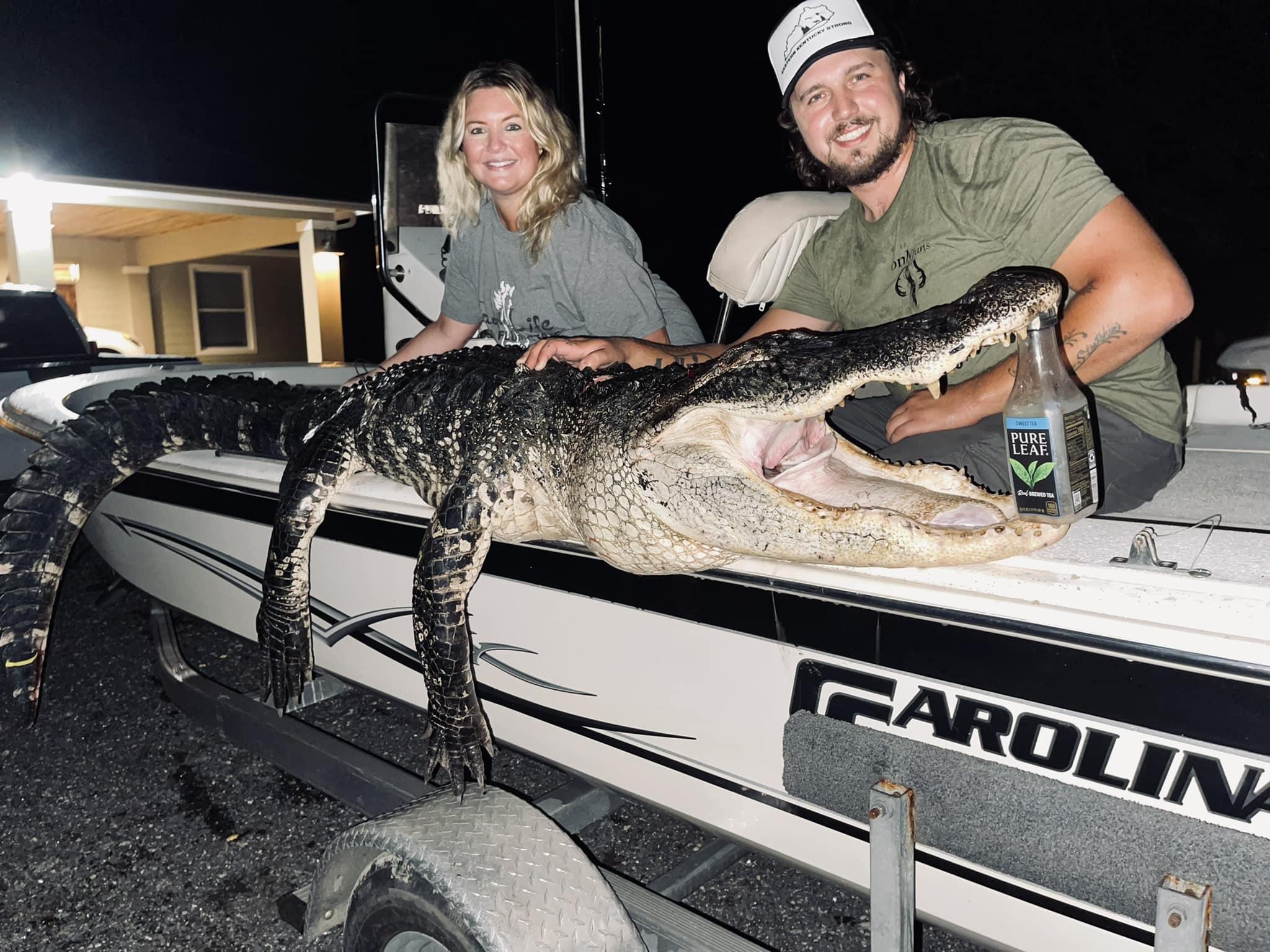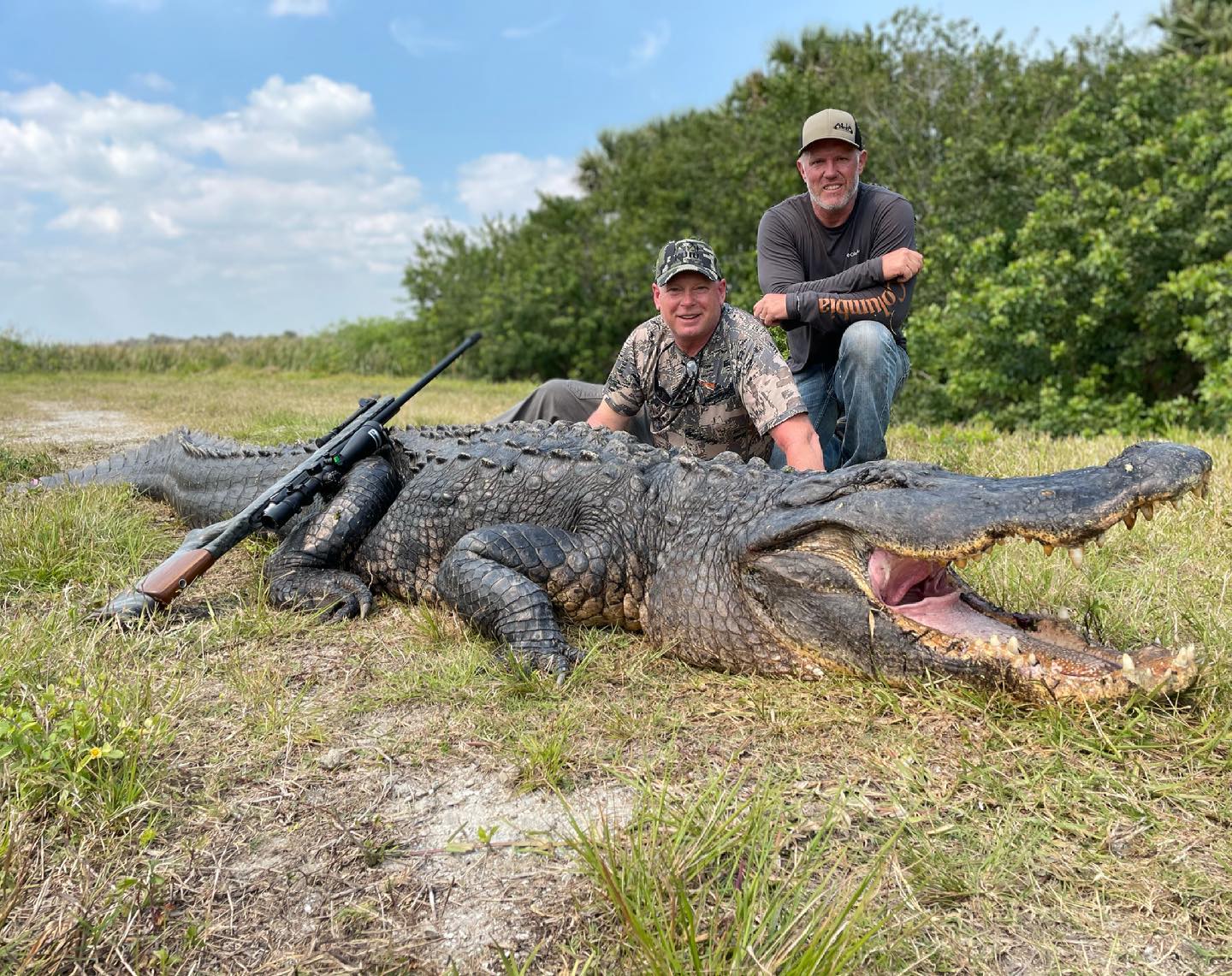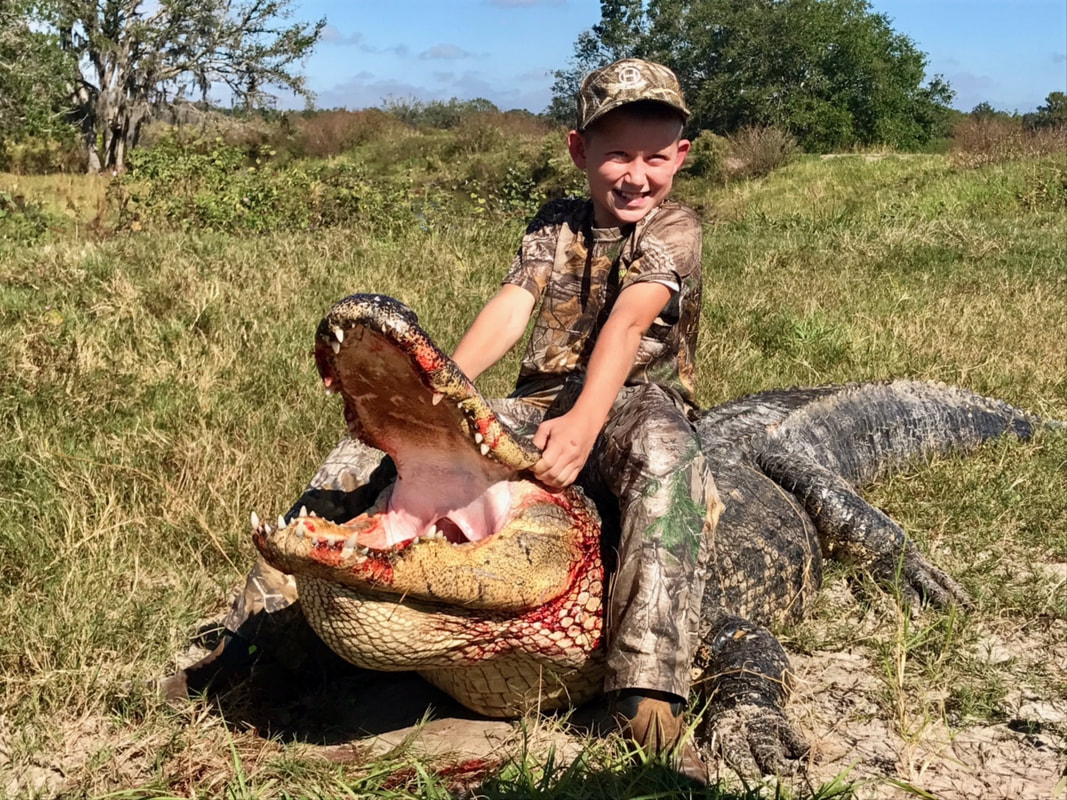The American alligator, or gator for short, is another success story of American conservation. Brought back from the brink of extinction between overhunting and habitat destruction, the American alligator has surged in recent years back to become an iconic species in the south. From college football teams (sorry Auburn) to TV shows, gators are a part of life in the southeastern corner of the United States.
But hunting alligators isn’t always how it’s portrayed on tv. In Florida, for example, there are two ways to get your gator. Like so many opportunities in the US, your options are public land and private land. Each one has its own set of rules and regulations that we will highlight below:
Public Land Gator Hunting
First and foremost is public land gator hunting. Although their prevalence in canals, golf courses, and occasionally swimming pools would lead you to believe that it must be open season for the reptiles, alligators are a highly regulated harvest assigned by quota. Beginning the first week of May, applicants can put in for one of the approximately 7000 permits for gators. Some permits are for a specific county, while others are for a body of water. Each permit includes the harvest permit, an alligator hunting license, and two CITES tags allowing a permit holder to harvest up to two alligators.
Costs of these permits range from $272 for a Florida resident to $1022 for an out-of-state hunter.
Hunters can take a gator during the dates listed on their specific hunt ranging from days to weeks depending on the tag. For now, hunters can only hunt from 5 pm to 10 am.This law is in the process of being amended to allow hunting 24hrs a day but, for now, alligator hunting on public land is for night owls.
Unlike the shows, public land hunters can not use firearms for hunting gators. Bows, harpoons, snagging gear, and baited lines (held in hand) can all be used. The only firearms that hunters can use are bangsticks to dispatch the already snagged alligator.
Private Land Gator Hunting
Private land alligator hunting is a bit different. Landowners may apply for tags to harvest alligators on their property. Because these privately held tags are used on their land, there are no weapon restrictions, time limits, or closed seasons. These hunts tend to be more expensive than public land hunts due to the additional resources private land managers require to make a safe and sustainable hunt for their clients. The cost is offset by (1) the ability to hunt gators whenever, instead of maybe drawing a tag; and (2) significantly increasing your odds of coming home with a cooler full of gator meat and a super cool item to taxidermy.
Private land alligator hunting will provide a hunt of a lifetime for an out-of-state hunter who is limited on time and looking for an unforgettable experience. Not to mention a trophy that will impress far more folks than the set of mouse-shaped ears you purchased at “the happiest place on earth.”
Alligators represent a prehistoric predator that has returned to our landscape through the dedicated work of sportsmen and biologists. Because of those efforts, we can now enjoy the thrill of hunting the closest thing to dinosaurs that still roam the earth. Anyone who has listened to a bull gator roar or seen the multiple pairs of amber eyes shining back from the bow lights of your boat will understand. For those of us that haven’t experienced it yet, don’t miss out. The only thing between you and a plate full of fried gator tail is a vacation and a decision, and we can help with that decision.
Ready to book a gator hunt? Click here on Venku.com for the most comprehensive list of gator hunting guides in the United States.



